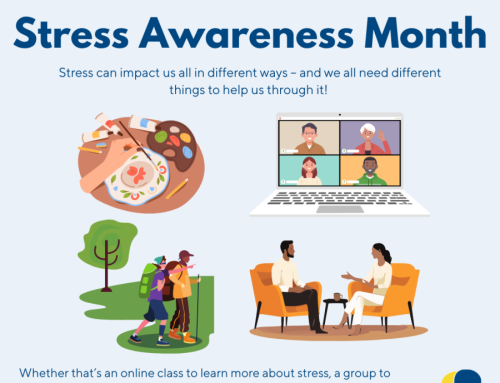To celebrate LGBT History Month, but also to acknowledge the impact of bullying and discrimination on people from LGBT communities, Touchstone chief executive Alison Lowe has written a blog on this issue. This article also appears in 2017’s LGBT History Month magazine.
Mental health amongst minority communities is a political as well as an ethical issue. Evidence shows that marginalised groups such as black, Asian and minority ethnic (BAME) people, LGBT communities, disabled people and those with contact with the criminal justice system are at greater risk of developing mental health problems.
According to Paul Farmer and the Mental Health Taskforce which reported to the government in February 2016, BAME people are more likely to live in poorer and/or over-crowded conditions, increasing the risk of developing mental ill-health. To add further to the injustice of overrepresentation of BAME communities in mental health, men of African and Caribbean heritage are up to 6.6 times more likely to be admitted as inpatients or detained under the Mental Health Act.
People from BAME groups are also more likely than white British people to be detained compulsorily under mental health legislation or put in seclusion. Research in 2013 indicated that black people detained under mental health legislation are 29% more likely to be forcibly restrained than white patients. They are 50% more likely to be placed in seclusion and more likely to be diagnosed as psychotic.
According to the Care Quality Commission (CQC), BAME groups are disproportionately treated with Compulsory Treatment Orders (CTOs). In 2011/12, the proportion of people given CTOs that were from black or black British communities (15%) was about five times higher than the proportion of people from those communities in the general population.
Similarly, the mental health prospects for LGBT people are troubling. LGBT hate crime rose 147% after the Brexit vote in June 2016 and this is against a backdrop of LGB people being twice as likely as heterosexual people to have suicidal thoughts or to make suicide attempts (LGBT Foundation), and are two to three times more likely to suffer from depression.
The picture for trans people is starker still, with Stonewall reporting that nearly half (48%) of people under 26 admitted they had attempted suicide, and 30 per cent said they had done so in the past year. 59% of trans people said they had at least considered suicide in the past year.
At Touchstone, we work to eradicate injustice and health inequalities within the mental health sector. Most of our work is with West Yorkshire’s most excluded communities.
There are many reasons for the disparity in numbers of BAME and LGBT people in the mental health system. Institutional discrimination is one but so too is the hate faced by BAME and LGBT communities on a daily basis; poor outcomes in education (where bullying and harassment are major barriers to attainment for LGBT young people, for example); and also general health inequalities that are faced by all those living in poverty. The 2016 unemployment rate was 5% for white people compared to 9% for people from a BAME background (House of Commons Briefing: 6385, 29 November 2016).
Our response to the specific needs of BAME and LGBT people and communities needs to be person-centred and culturally appropriate:
- Recruit a diverse workforce that is representative of the communities you serve.
- Commission effective, up to date equality and diversity training for all staff and ensure this is regularly repeated.
- ASK people what services they would like and LISTEN to their responses.
- Work with communities to understand the impact of discrimination, bullying and harassment on their lives and their mental wellbeing.
- LEARN from your mistakes: No-one is perfect but that doesn’t mean we can’t aspire to be so.





